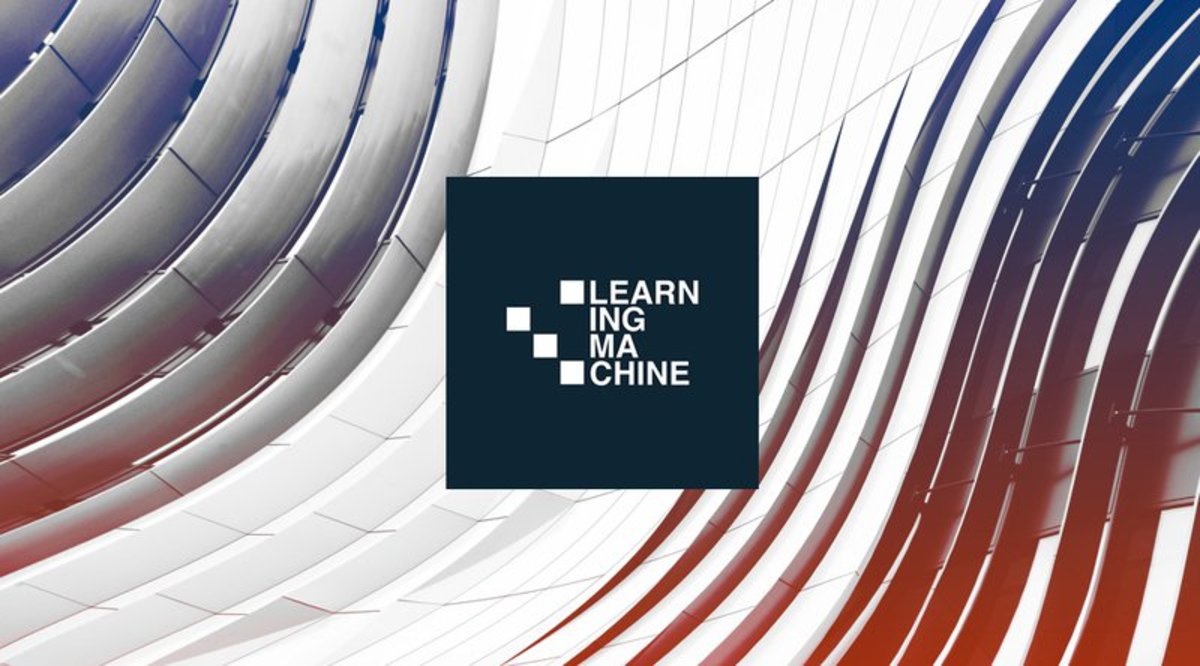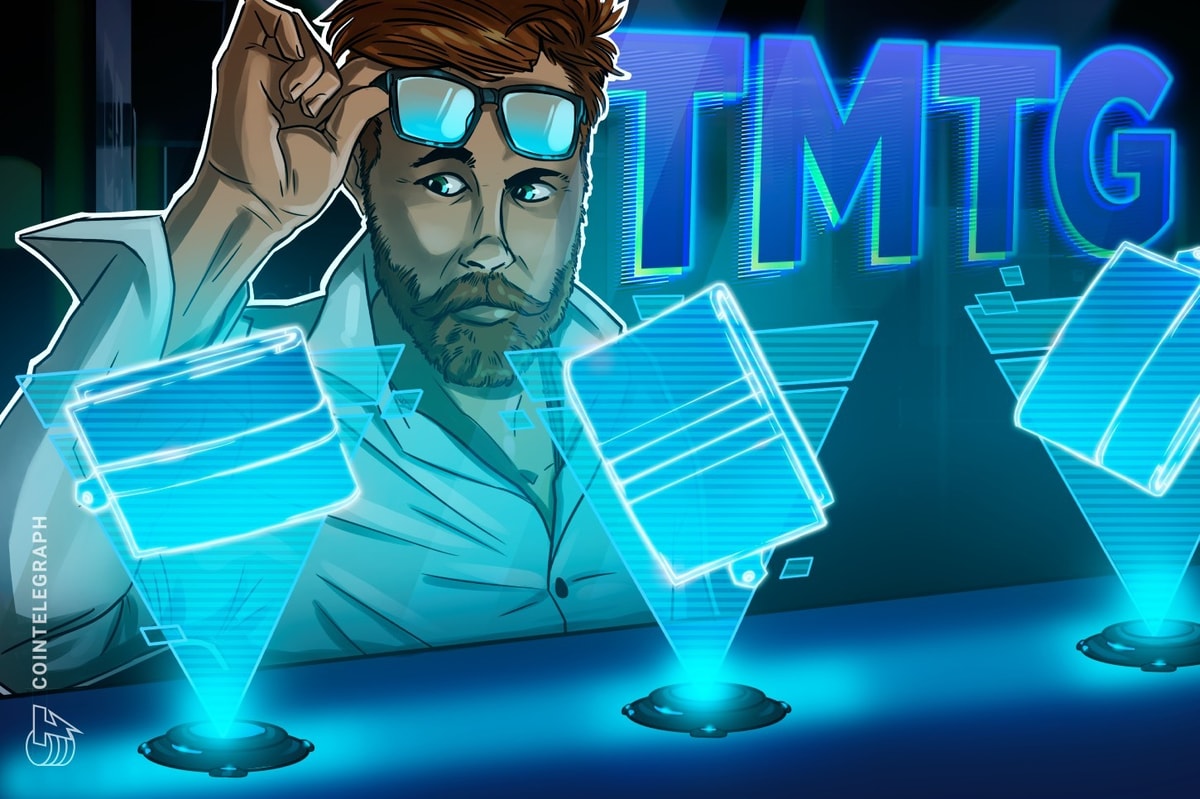
Learning Machine plans to take its new Bitcoin blockchain certification solution to the commercial market in 1Q 2017. This is less than a year after its June 2016 launch of the open standard Blockcerts toolset, which it built in collaboration with MIT Media Lab. The partnership came about as a result of the company’s work on admissions systems for the Massachusetts Institute of Technology (MIT).
Philipp Schmidt, Director of Learning Innovation for MIT Media Lab, summarized the history of Blockcerts and its team of collaborators, in his October 24 column on Medium.
Learning Machine is a 10-year-old software company serving post-secondary education providers, students and employers with solutions for enrollment management, portfolio review and applicant tracking.
Its forthcoming product, Learning Machine Certificates, is a commercial offering that serves as a virtual notary. The mobile app enables individuals to hold the certificates they need to document employment, membership, formal education or other learning, without having to request trusted documentation each time from the respective organizations.
Since its inception, the company has served more than 700 education clients and much of its revenue currently is generated via its SlideRoom offering, which streamlines institutional processes, such as application, references and portfolio review, and payments.
During the October EDUCAUSE conference in Anaheim, California, MIT Media Lab and Learning Machine representatives presented Blockcerts. The session description promised insight into "a new infrastructure of trust for the 21st century [that will] add veracity to academic claims such as badges, alternative credentials, diplomas, and eventually transcripts."
Learning Machine CEO Chris Jagers is majority owner and is based in Cambridge, Massachusetts. He cofounded the company with Dan Hughes, its COO, and Ted Wehner, CTO and VP of Engineering.
In an interview with Bitcoin Magazine, Jagers said he has been surprised by the strong positive response to the use of blockchain-enabled resources among university registrars and other campus officials, both at the conference and elsewhere.
He said acceptance and enthusiasm are growing because "the pain has gotten really big," and many education officials strongly believe "students should own their own records."
He acknowledged there are inevitable and now routine reservations arising out of "fear, uncertainty and doubt" (FUD) — usually regarding security. But, administrators are "approaching it in a deeply optimistic way."
Jagers noted that some organizations are still proceeding with in-house exploration, even considering building entire private blockchain ecosystems, complete with mining operations.
"I see a lot of money being wasted on experiments," which he said he believes Blockcerts and commercial services will help minimize, enabling clients to quickly create and issue certificates that can be shared via mobile applications.
Learning Machine's commercial offering will be available in both enterprise form, which can be used within employer CRM or HR systems; or, in the form of essentially non-customizable software-as-a-service (SaaS) form. Its open standard toolkit includes the Open Badges specification for creation and digital display of symbolic devices that include descriptions of skills attained or other achievements, with links to the organization awarding each badge.
Jagers believes the impact will reach beyond education: "I believe credentialing is going to be a 'killer app' [that leverages blockchain] because it perfectly matches what the blockchain does," and can be applied to serve a wide range of services within and beyond edtech.
Jagers said while he immediately recognizes no direct competitors for his company's Learning Machine Certificates, the availability of Blockcerts should increase the likelihood of new entrants with solutions that might be "adjacent, very similar or overlapping in some ways."
He said he welcomes new entrants. First, because he believes "the whole marketplace will rise together with adoption."
Second, he said, Learning Machine already has a queue of potential clients — including U.S. institutions and governments of some nation-states seeking to improve their education infrastructure — who want to trial the company's forthcoming commercial offering, which he believes will be a convincing alternative to in-house development for many.
Jagers said he does not view entrants built on private blockchains as directly competitive, though he believes they "muddy the waters" in terms of the market's understanding of the power of decentralization through leveraging the public Bitcoin blockchain.
Moreover, he said he suspects many startups that opt away from the bitcoin blockchain may be thinking short-term, rather than making a "permanent artifact" that could last hundreds of years.
He added, “I don't really get excited about applications of the blockchain unless they really help individuals become self-governing and have less dependence on institutions or vendors... I always ask myself, “Is a vendor or institution creating a dependency on themselves, or are they empowering the individual?””
The Competition
Jagers emphasized that, for the moment, the greatest competitor to Learning Machine's blockchain-based certificate offerings are the "thousands" of credentialing services worldwide that still operate within legacy models.
New York City-based Credly describes its company as a digital badges and credentials service provider. In June, Credly announced that Toronto-based Destiny Solutions, which supports non-traditional post-secondary institutions' recruitment and engagement with students, would integrate the Credly offering.
Digimaat, a blockchain-based, credential-validation startup based in Toronto, is led by founder Youssouf Traore, who is also a business process analyst with Laurentian Bank.
Traore said in an interview that his solution recently exited beta and he aims to offer it initially to institutions in developing nations that are — like institutions globally — trying new ways to combat credential fraud.
Digimaat, Traore explained, leverages the Tierion blockchain-data platform to generate credentialing receipts on the Bitcoin blockchain. He said his sole proprietorship was registered in May.
Traore also said legacy incumbents currently hold much of the market, citing as examples Ontario-based AuraData Inc., and U.S.-based nonprofit, National Student Clearinghouse.
According the Clearinghouse's website, the company was founded in 1993 and has strategic partners including Ellucian, a software and services provider. Both Ellucian and the Clearinghouse are headquartered in Northern Virginia.
Focus Remains on Growth
Jagers asserted that Learning Machine’s founders remain strongly focused on sales growth rather than concentrating on an exit strategy, but they do have conversations with potential investors and acquirers who approach the company.
Jagers said the company is "very profitable" and it's keeping all options on the table for accelerating growth, whether by raising outside capital, allying with a strategic partner or eventually exiting via sale.
Asked whether he views an IPO as a valid option, Jagers replied, "Whenever there's a new market, there's often a winner-take-all situation — like AirBnB and Uber — and we do intend to be the inevitable winner" in blockchain credentialing. He said he expects to see a bevy of IPOs in the overall blockchain sector.
He added that, at this time, "my preference would be West Coast venture capital from a firm that has invested in Bitcoin before," and which maintains a portfolio of potentially synergistic partners for Learning Machine.










